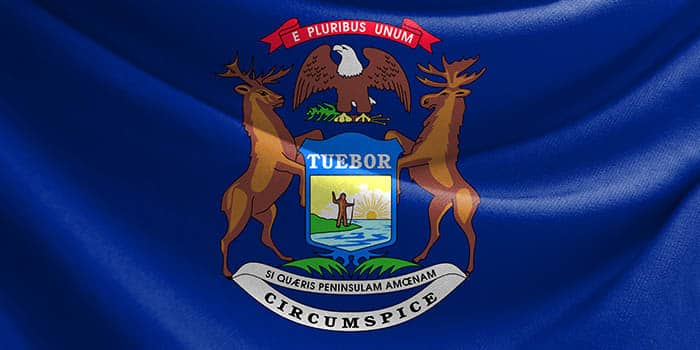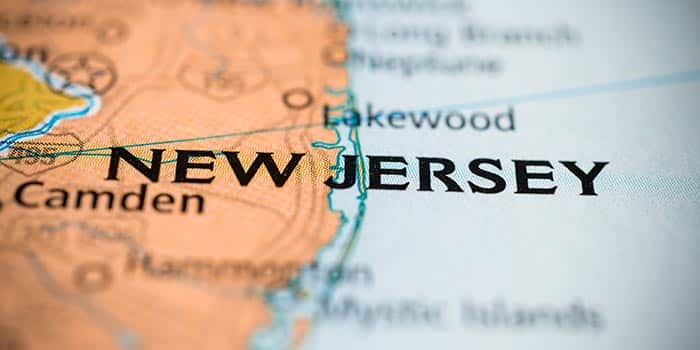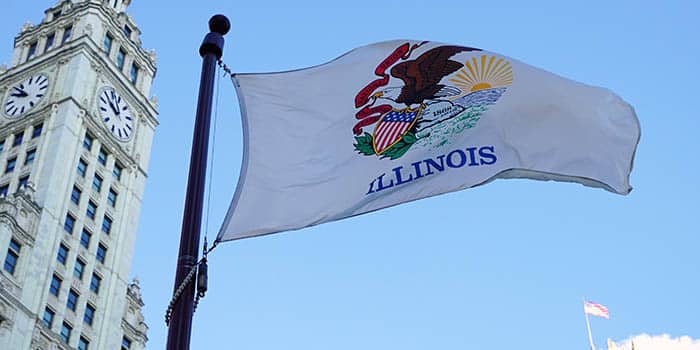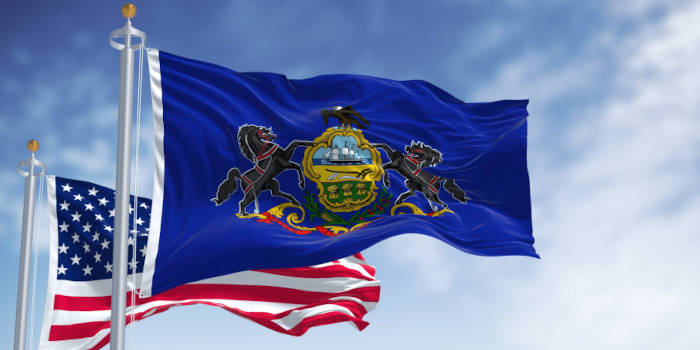- Casino
- By State
- Alabama
- Alaska
- Arizona
- Arkansas
- California
- Colorado
- Connecticut
- Delaware
- Georgia
- Florida
- Hawaii
- Idaho
- Illinois
- Indiana
- Iowa
- Kansas
- Kentucky
- Louisiana
- Maine
- Massachusetts
- Maryland
- Michigan
- Minnesota
- Mississippi
- Missouri
- Montana
- Nebraska
- Nevada
- New Hampshire
- New Jersey
- New Mexico
- New York
- North Carolina
- North Dakota
- Ohio
- Oklahoma
- Oregon
- Pennsylvania
- Rhode Island
- South Carolina
- South Dakota
- Tennessee
- Texas
- Utah
- Vermont
- Virginia
- Washington
- West Virginia
- Wisconsin
- Wyoming
- By State
- Slots
- Poker
- Sports
- Esports
Fact-checked by Stoyan Todorov
NCPG Welcomes Problem Gambling Awareness Month, Promotes Understanding
The NCPG invited everyone to join the efforts to raise awareness of problem gambling, which is a “serious yet often misunderstood health condition”

The National Council on Problem Gambling (NCPG) in the United States has celebrated the beginning of Problem Gambling Awareness Month (PGAM), vowing to seek an enhanced understanding of gambling problems.
PGAM Is Underway Once Again
PGAM is an annual initiative taking place every March when industry stakeholders, health associations, sports entities and regulators join forces to raise awareness of the risks associated with gambling and the tools players can use to protect themselves. In short, PGAM is all about educating people, reducing stigma and increasing access to safer gambling resources.
The NCPG further noted that PGAM is intentionally aligned with the NCAA basketball tournament, also known as March Madness. The popularity of this event makes March a prime time to promote a better understanding of the nature of problem gambling and how it can be counteracted. PGAM is also a time when operators work hard to refute misconceptions related to how gambling affects people.
In line with the goal of promoting education and awareness, this year’s PGAM theme is “Seeking Understanding.”
Building understanding within the general public is essential, but dispelling long-held myths requires both patience and persistence. Overcoming misconceptions is crucial to fostering a more accurate understanding of problem gambling and its impact.
NCPG statement
Last year’s theme was “Every Story Matters.” Back then, the NCPG worked hard to highlight the important role of those who have been impacted by problem gambling in understanding how harm works and preventing it.
NCPG Shared a Few Tips
The NCPG provided a few tips addressing common questions about problem gambling. First of all, the council advised people to stick to the facts and avoid fearmongering or sensationalism. The NCPG promoted its PGAM Toolkit as a place where people can find important and verified statistics.
In addition to that, the NCPG reiterated lived experience’s crucial role in understanding harm. The body said that personal narratives transcend statistics and help others to relate, empathize and understand.
The NCPG further advised people to approach every question as an “educational opportunity.” While the NCPG acknowledged that some questions may be unintentionally stigmatizing, it advised stakeholders to approach them “from a place of patience and empathy.”
Furthermore, the NCPG promoted building compassion and understanding problem gambling instead of stigmatizing it. Finally, it encouraged the promotion of treatment resources, saying that a significant number of people do not know about the tools they have at their disposal.
The NCPG invited everyone to join the efforts to raise awareness of problem gambling, which is a “serious yet often misunderstood health condition.”
The NCPG concluded: “By working together, we can inspire empathy, break down barriers to treatment, and ensure those affected have access to the support they need. Your participation can make a meaningful difference through sharing information, engaging in conversations, or promoting available resources.”
Angel has a passion for all forms of writing, be it fiction or nonfiction. His curious nature gives him an ace up his sleeve when researching a new topic. Angel’s thirst for knowledge, paired with adaptability, always helps him find his way around.
Must Read
Industry
June 27, 2025
Las Vegas Sphere Bashed for Charging $170 for Pizza

















